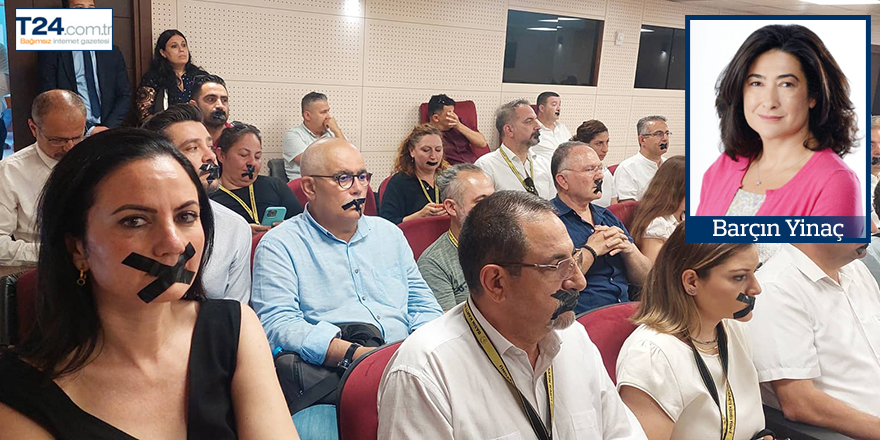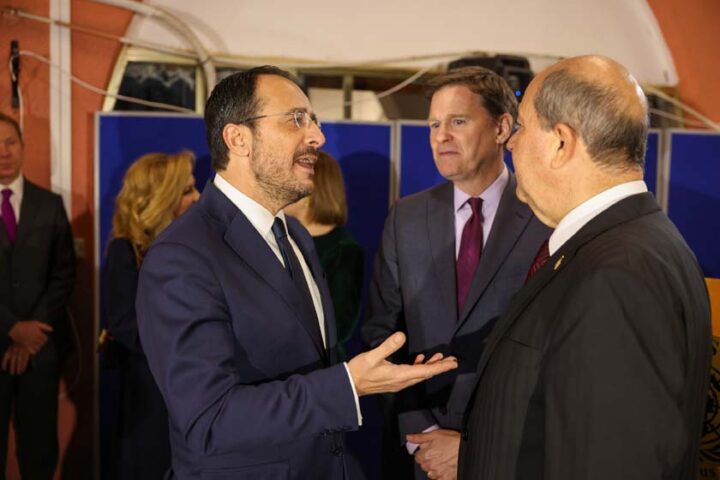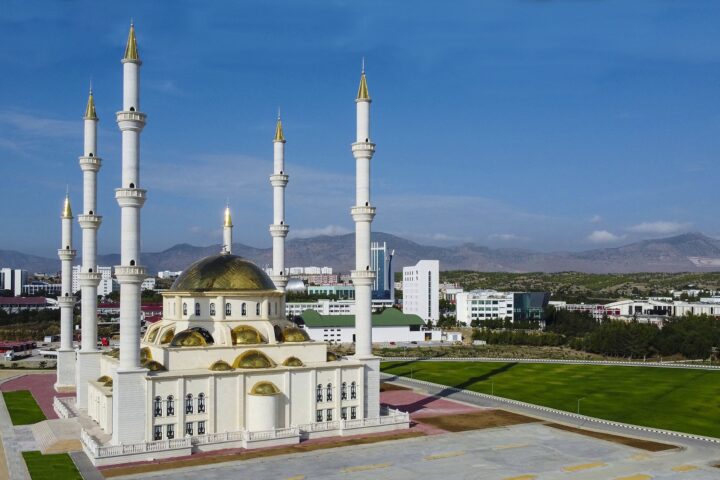Turkish Cypriot journalists have pushed back an attempt by authorities to limit the free press by introducing laws that essentially prohibit anyone from criticising the Turkish Cypriot leader or Turkey.
Following a 24-hour demo outside the Turkish Cypriot assembly in the north, the ruling coalition said the contentious issue would be re-examined.
On Monday, tens of Turkish Cypriot journalists staged a protest within the assembly, sticking black tape over their mouths.
While most politicians sided with the journalists, the speaker of the assembly, and a member of the ruling National Unity Party, Zorlu Tore, ordered security to eject the demonstrators.
Security refused to do so as the journalists were sitting in their designated seats, keeping quiet with their mouths taped.
Journalists also staged a 24-hour demonstration outside the gates of the assembly, which was televised live.
The event was dubbed ’14 Hours for Freedom’, part of a broader ongoing campaign under the slogan ‘Dokunma’ (hands-off).
The bills prohibit journalists, academics, or anyone in a position of power from criticising the Turkish Cypriot leader or Turkey as part of the financial aid protocol made between the regime in the occupied north and Turkey.
The proposed legislation is a condition for Turkey to inject €240 mln into the north’s economy within the next 12 months.
Talking to Cyprus News Agency, the former head of Kibris newspaper, Ali Baturay, said that although other bills are included in the protocol signed with Turkey, authorities decided to start with those that limit the freedom of opinion and expression.
“Authorities have these three bills high on their agenda as they want to harmonise local legislation with Turkey’s.
“At the moment, reform of social media regulations submitted, limit freedom of expression even further,” said Baturay.
He explained that bills being introduced are identical to those in Turkey, with prison terms up to five years for ‘offensive’ publications.
The director of the Turkish Cypriot news site Ses Kibris, Aytug Turkkan, said: “While people are faced with grave financial difficulties and becoming poorer every day due to increases in the prices of basic consumer goods, the priority was to restrict the freedom of speech”.
He said the protests forced the coalition to reconsider the law change.
“Our determination will continue until this oppressive and reactionary regulation is completely eliminated.”










